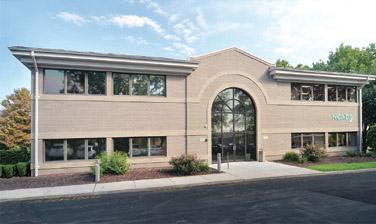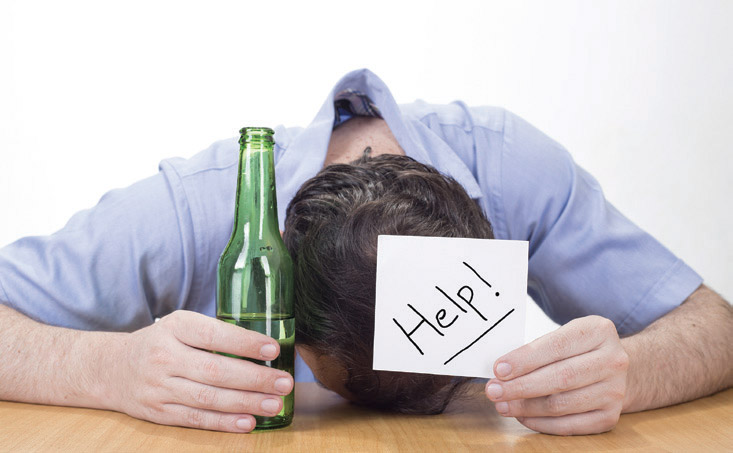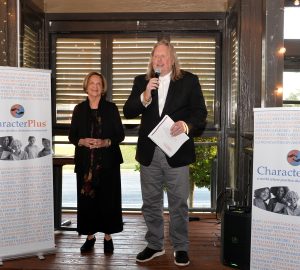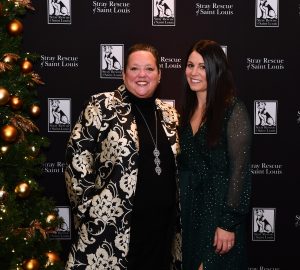The National Council on Alcoholism and Drug Abuse (NCADA) was founded in 1945 with the purpose of increasing awareness and reducing the stigma of alcoholism and other drug use. “Back then, the organization wanted to help people understand that alcoholism is a treatable disease and not a defect in character,” says Howard Weissman, executive director of the St. Louis chapter, which was founded 20 years later.
“Stigma lives when uninformed people see addiction as a conscious choice to behave badly,” Weissman says. But in reality, he says addiction is fueled by a malfunctioning brain, in which the reward center—where our core survival drives are associated with pleasure—is hijacked. While initial use of a drug is, of course, voluntary, addiction takes choice away. The craving to drink or use drugs can become uncontrollable.
Recovery is a lifelong journey and a vital part of that journey, says area counselor Nicole Browning, is learning to navigate the bumps in the road. For those struggling, she says, the holidays can be particularly challenging. “It can be stressful when families are together, and there might be strain,” she says. “Moreover, it’s a time when drinking alcohol is normalized.”
Oftentimes, Browning adds, a person may not be open with their family about their addiction or recovery. “There’s a great deal of stigma and prejudice attached, and even if everyone is aware, the person in recovery may not feel supported or comfortable,” she says.
Weissman notes that in our country, celebration and drinking are seen as synonymous. “We are led to believe that it’s almost impossible to have a good time without a drink in our hand,” he says. “And the old adage of peer pressure is a real thing. People are often urged to join in the drinking.”
Both Weissman and Browning say openness is key. Those who have an addiction should be encouraged to tell their family what they need to feel supported. Browning suggests thinking of sober activities and new traditions that don’t involve drinking.
And friends or family should think twice about having an intervention. “Sometimes, because everyone in the family is present, people seize on the holidays as opportunities to confront someone struggling with substances,” Browning says. “But the last thing you want is for the loved one to feel accused or shamed.” Instead, have a caring conversation that lets them feel supported rather than attacked.
Browning stresses, however, that those in recovery are responsible for themselves and part of that recovery is understanding triggers and building coping skills. “This is a relapsing disease,” she says. “But you can learn from relapse. It’s important to see it as an opportunity for change.”
And, there are places to turn. ”You almost always can find a support meeting happening somewhere,” Browning says, adding that a Smart Recovery meeting is another option in addition to AA and 12-step meetings. The NCADA operates a free helpline from 9 a.m. to 5 p.m. Monday through Friday with trained counselors on hand to answer questions and offer advice.
for help | If you have questions regarding alcohol or drugs, addiction or substance misuse, ask them in a safe, anonymous and confidential way. Call 314.962.3456, and an NCADA counselor will respond to your questions within 24 hours, Monday through Friday. Visit ncda-stl.org for more information.








